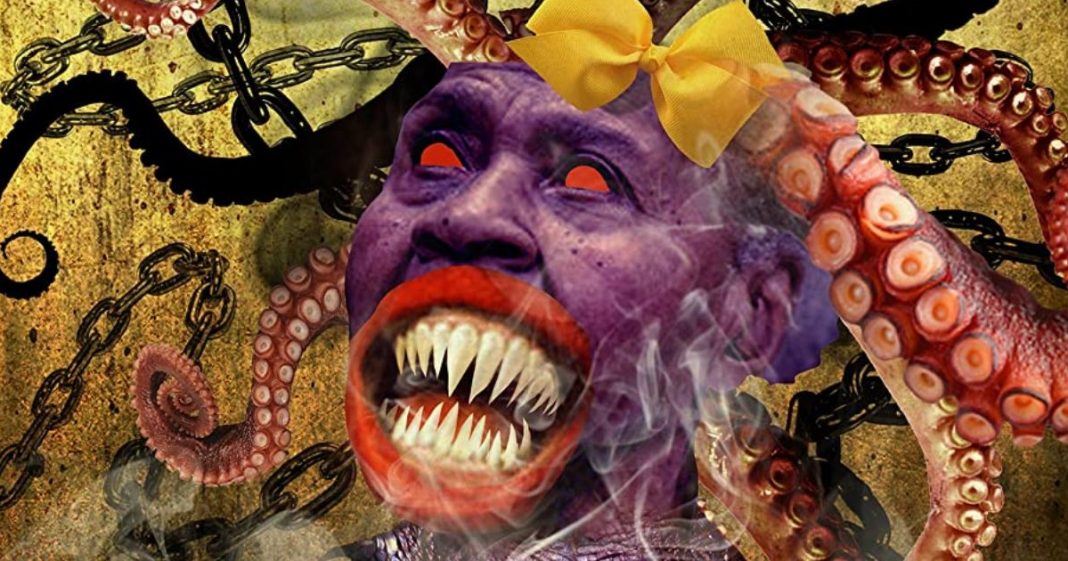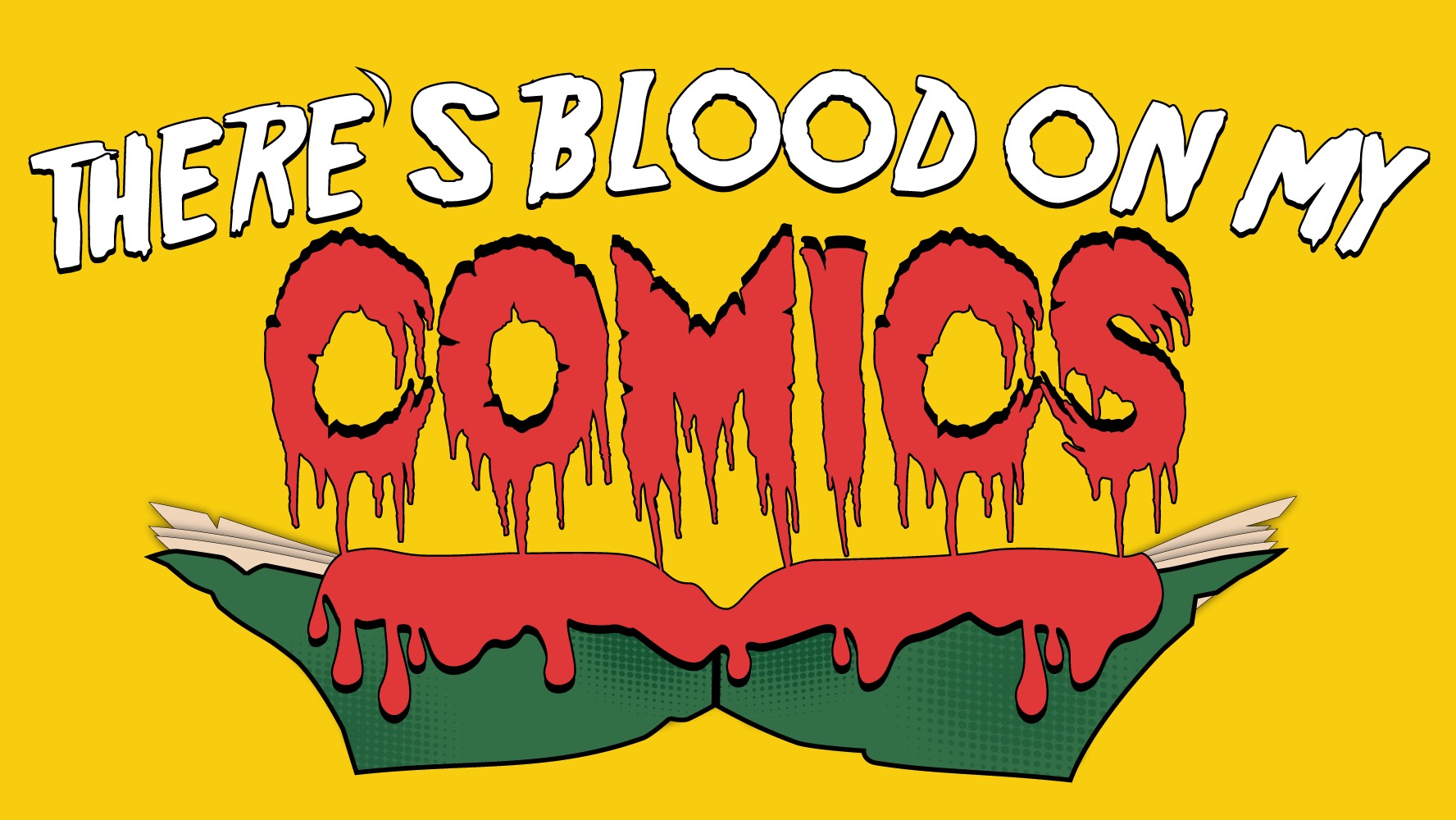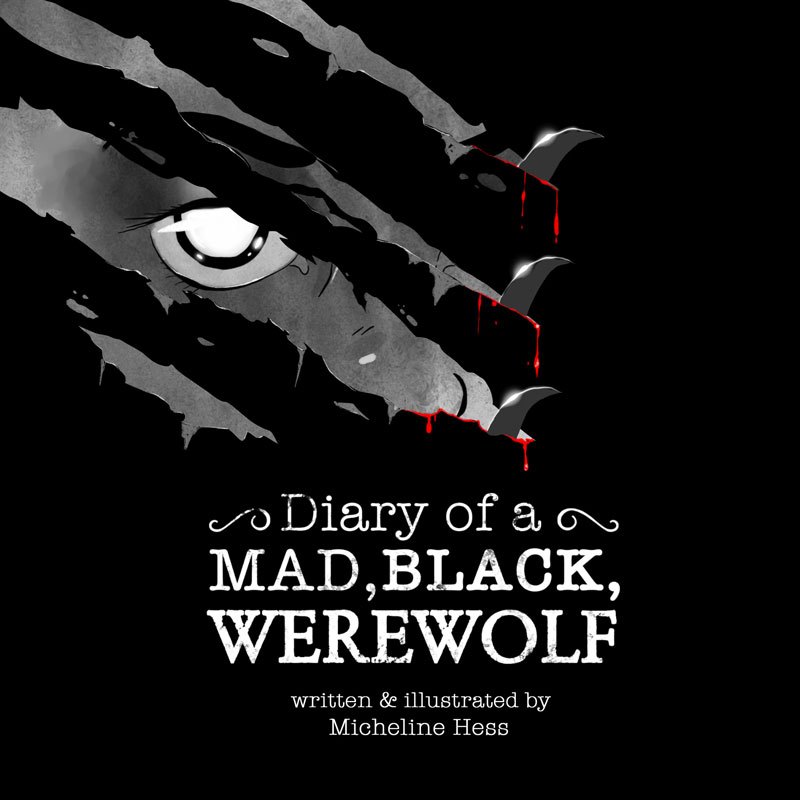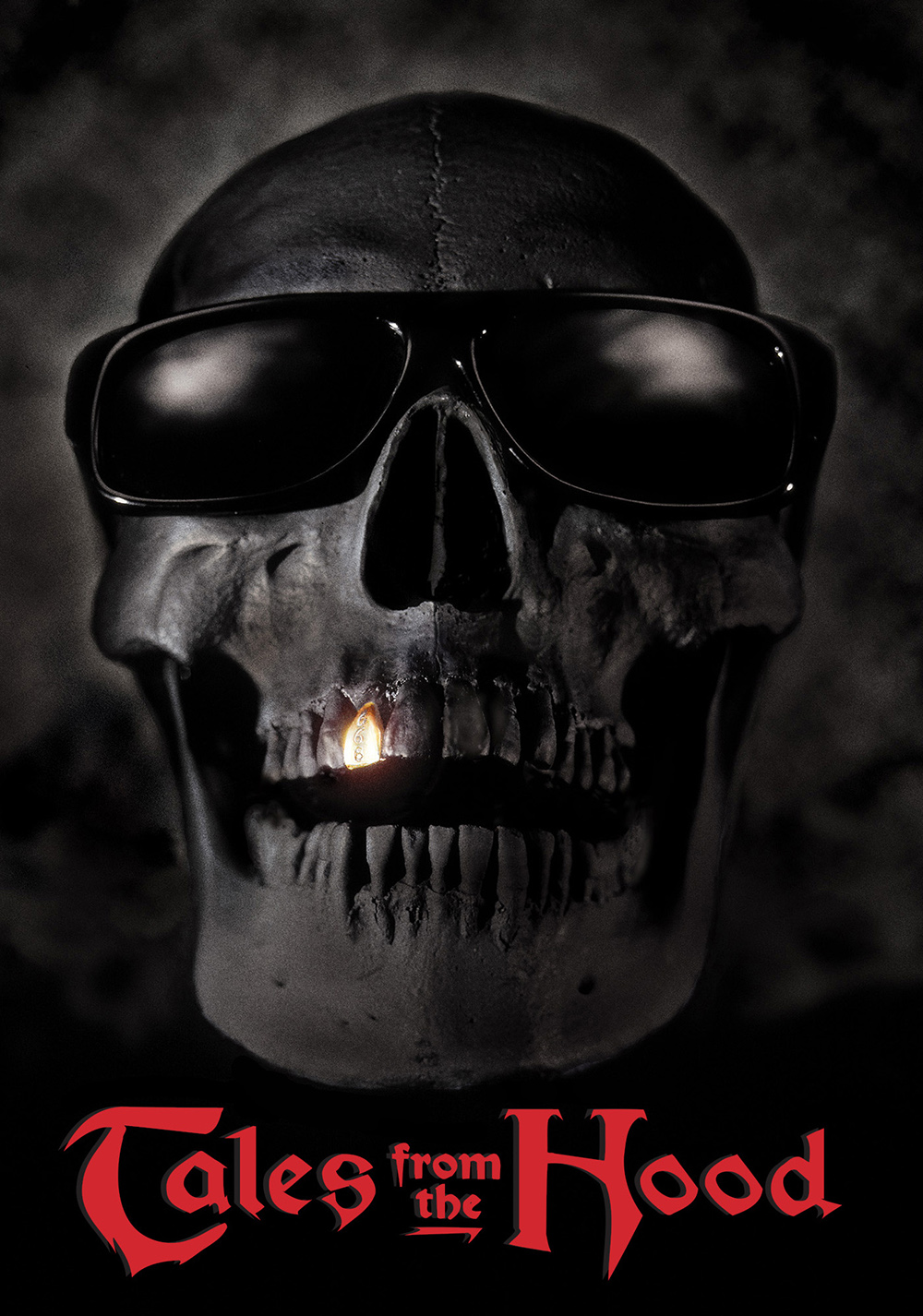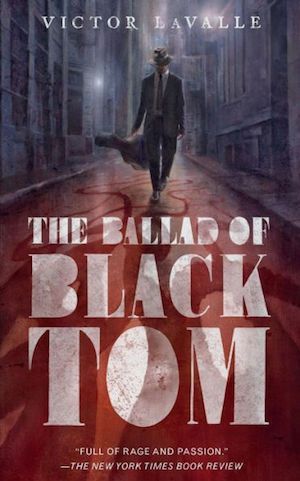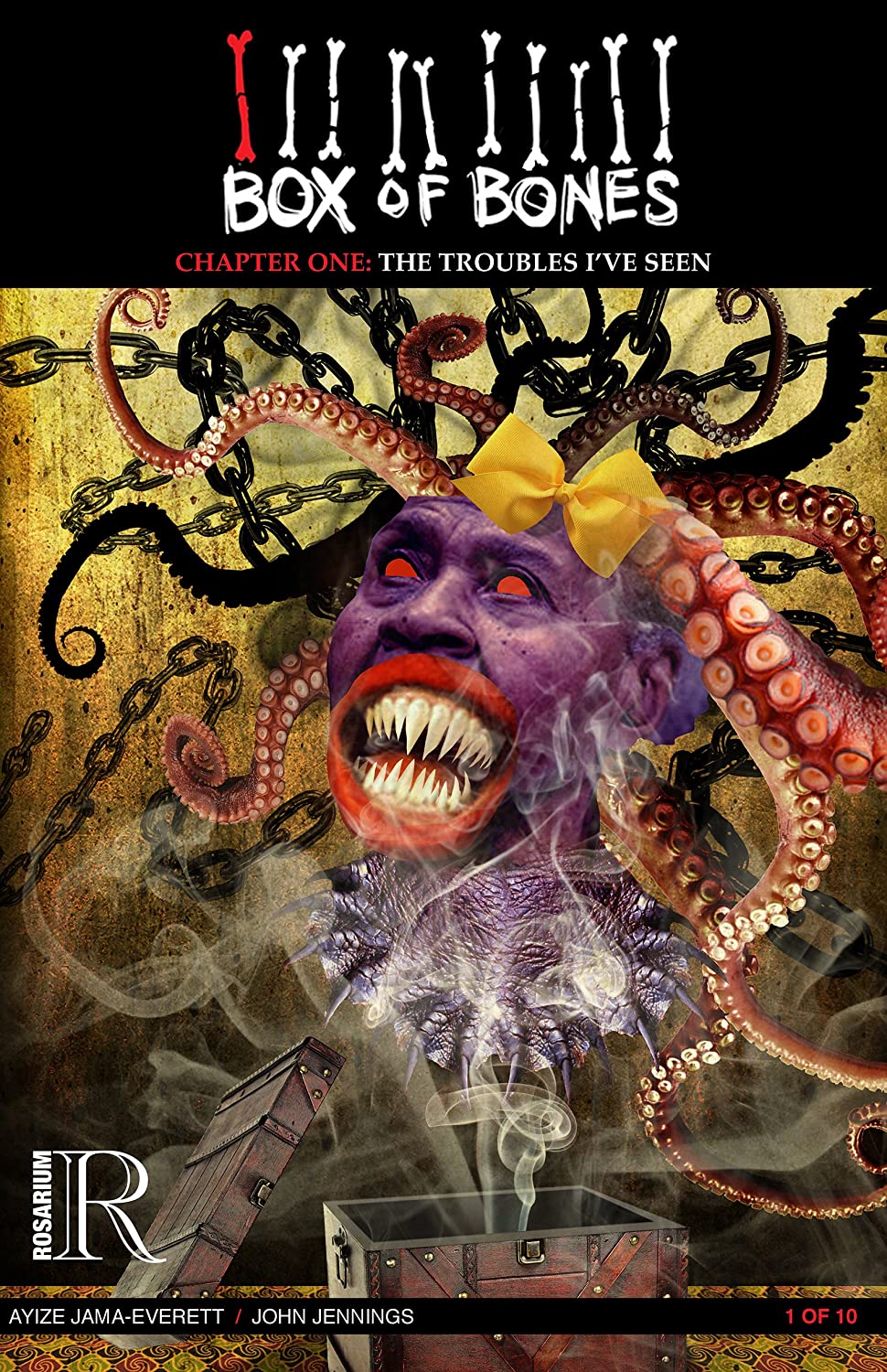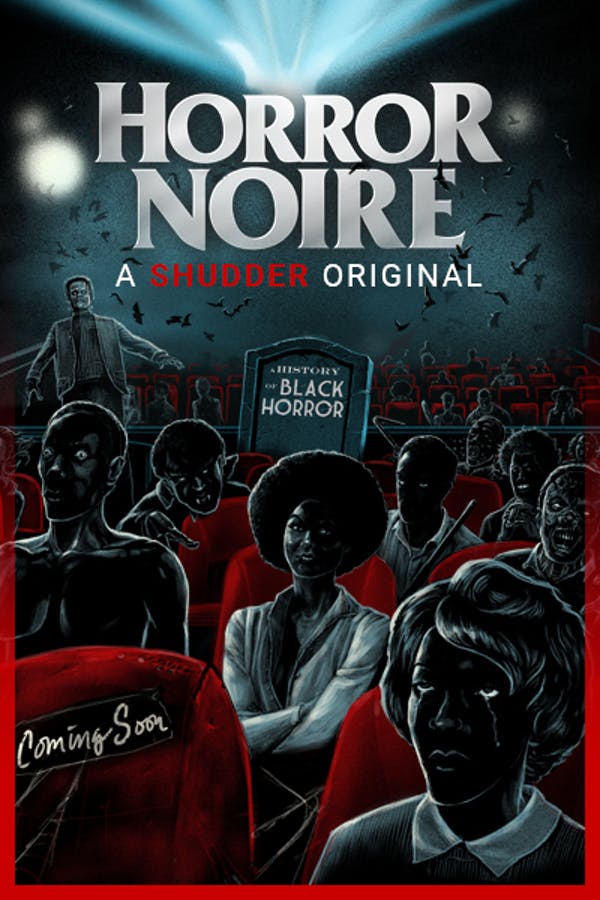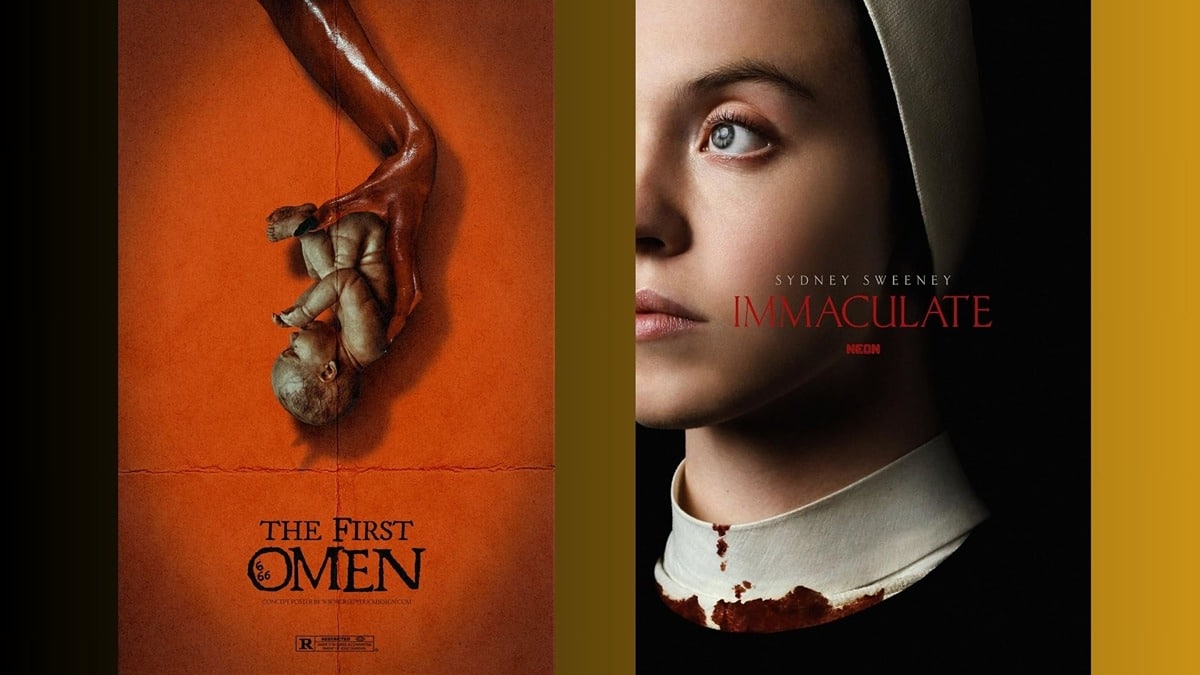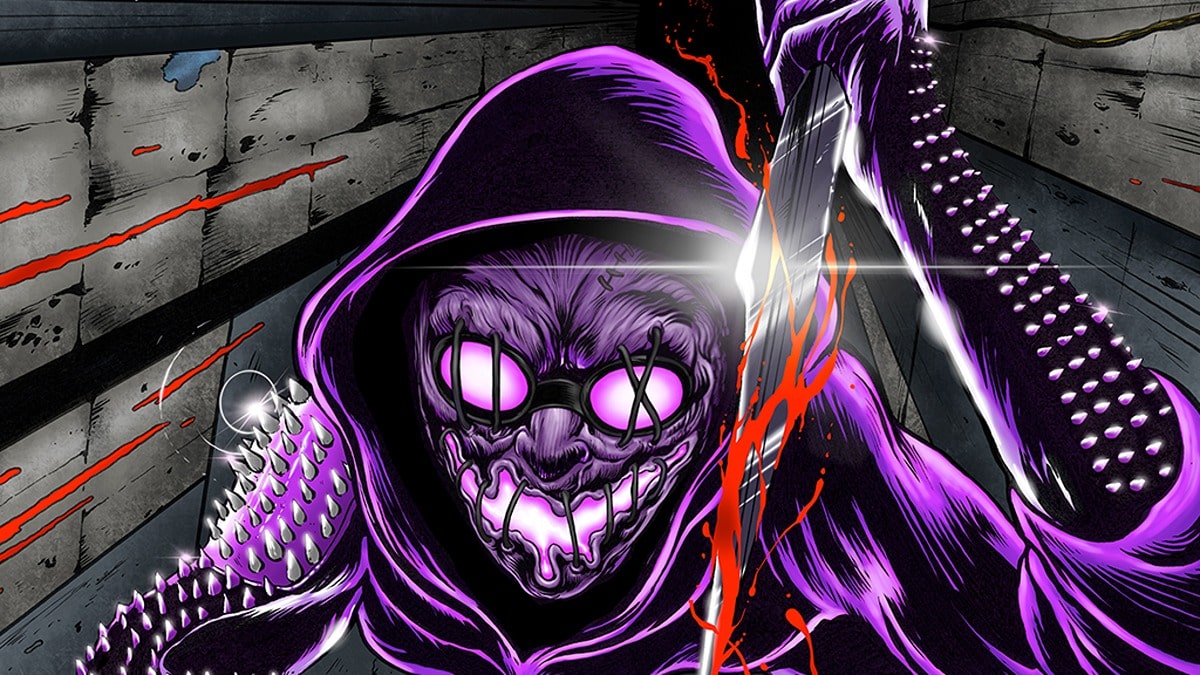Again.
Again, and again, and again.
Black America is back on the streets protesting police brutality and systemic racism, this time in Kenosha, Wisconsin. A Black father called Jacob Blake was shot in the back seven times by police officers in Kenosha as he walked to his car. The incident specifically occurred as Blake tried to enter his car. Police officers followed Blake from behind, guns drawn and then shot seven times, in front of Blake’s three kids who were inside the vehicle at the time. Police were allegedly responding to a domestic violence dispute and stated that they acted in self-defense. Reports say there was a knife in the driver’s seat area, but no other weapons were found.
Blake is reported to be partially paralyzed due to the shooting. The bullets severed his spinal cord. Protests erupted in response to this, angry at another incident where a black life is put in police crosshairs. And then, more tragedy. A white 17 year-old boy from Antioch, Illinois travels to Kenosha carrying a long automatic rifle and shoots at protesters who attempt to disarm him (as seen in videos of the incident), killing two and injuring one.
The country once again comes to a halt. The NBA postponed its playoff games after the Milwaukee Bucks decided to boycott game 5 of their first round series against the Orlando Magic. It was an unprecedented and historic move. The WNBA and the MLB followed suit and also postponed games in protest. Sports and politics, as NBA commentator Ernie Johnson stated, are no longer separate and cannot be used as a distraction.
If it isn’t clear by now, America is a haunted country. It’s haunted by more than 400 years of racism, injustice, and systemic disregard for black lives. It’s haunted by the ghosts of slavery, segregation, Jim Crow, lynchings, police brutality, suppression, oppression, poverty, and pure hatred.
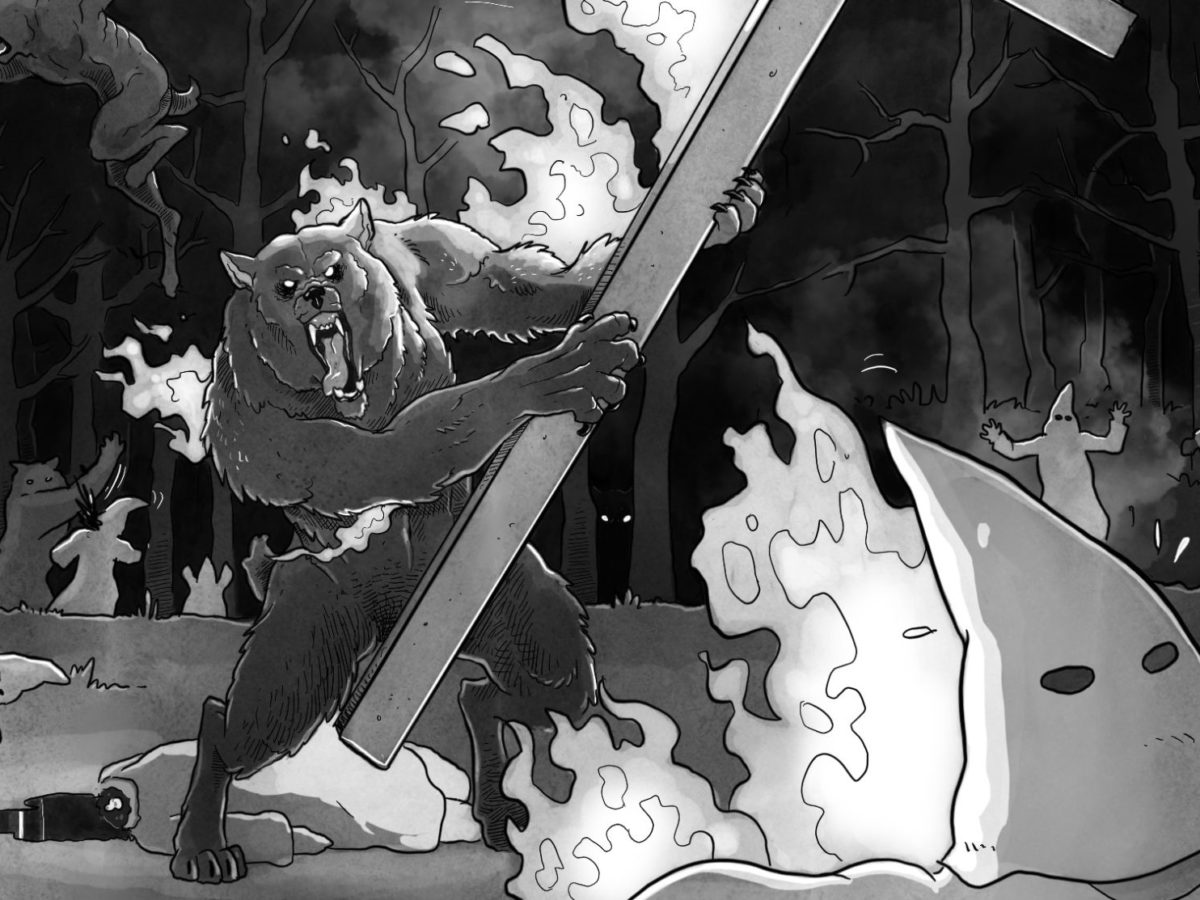
Black Americans have been the focus of these hauntings and have had to learn to live in fear. But they have also braved these fears, faced them to try and exorcise them. What’s happening now in the streets of Kenosha is just another example of that. The problem is, there are too many examples of it.
Black history in America is nothing short of a horror story. This might be one of the reasons why many black horror movies, books, and comics tend to stare into the abyss that is racism to tell their tales. The fear of imminent violence due to their skin color, the generational trauma that gets carried over again and again, and memories of hooded men chasing runaway slaves in the dead of night all combine to show that the black experience has consisted of living with horror as the status quo and that it has gone for far too long.
Black creators have harnessed some of these horrors to reveal the inner workings of racism and discrimination in American society, and as a result have produced some of the most unique stories in the genre. They have an activist quality to them. They’re combative and they speak out against injustice in the most fearless manner — ironic given the nature of the genre.
To honor these stories, recognize the importance of their existence, and to hopefully inspire more people to engage with them, here’s a short list of some of the best Black horror stories out there, each one putting forward a strong case as to why Black Horror matters.
-
Diary of a Mad, Black, Werewolf, written and illustrated by Micheline Hess
Werewolves are rarely seen avenging racial injustice, but that’s precisely what we get in Diary of a Mad, Black, Werewolf. The short illustrated book follows a female werewolf stalking prey that is well deserving of a good mauling. The werewolf goes after cops acquitted of criminal charges after killing unarmed black people, Klansmen, and the token “Karen” that calls the cops on black kids playing in their vicinity. The illustrations are gruesome and echo the likes of Bernie Wrightson’s werewolf art in Stephen King’s The Cycle of the Werewolf. It’s a furious read with a mind to call out injustice and make it face a werewolf’s claw.
-
Tales from the Hood, directed by Rusty Cundieff
This movie should be considered required viewing in any conversation regarding racism and police brutality in the 1990s. Presented as a black horror anthology film, Tales from the Hood takes four distinct stories and a wraparound segment to make monsters out of black traumas that also empower the victims of it (much like Diary of a Mad, Black, Werewolf). Stories range from a Rodney King-esque ghost haunting the cops that brutally murdered him to a white supremacist politician being hunted by dolls possessed by the ghosts of slaves. Each story is thoughtfully-crafted and intensely aware of the things its showing to its audience. It might require brushing up on systemic racism during the 1990s, but the history lesson is worth it, and its scares endure for reasons that are currently being protested on the streets today.
-
The Ballad of Black Tom, written by Victor LaValle
The prime example of Lovecraftian mythos intertwined with the black experience in America comes in the form of Victor LaValle’s The Ballad of Black Tom, a story that confronts H.P. Lovecraft’s complicated standing in horror fiction when it comes to his views on minorities and the stain they’ve left on his legacy. The story follows Charles Thomas Tester, a Black street troubadour that’s caught in a web of dark magic leading to the arrival of an ancient king from a dimension not our own. LaValle takes one of Lovecraft’s most racist tales, called The Horror at Red Hook (which focuses on devil worship rather than Cthulhu), and reworks it to explore tenement life, poverty, and the struggles of trying to making a living in a city dominated by white interests. Essentially, LaValle pushes against Lovecraft’s racism by using his own narrative trappings against him. It’s a black horror classic and I highly recommend giving it a read.
-
The Box of Bones, written by Ayize Jama-Everett and illustrated by John Jennings
Lyndsey, a Black graduate student, wants to research certain deities and monstrosities tied to a mysterious box of African descent. Her grandfather once saw how the box unleashed a force of evil powerful enough to kill a group of racist men who had wronged him and his girlfriend when they were young. The box asks for a sacrifice for its services, and then the horrors begin. Jennings and Jama-Everett’s The Box of Bones finds its monsters in African myths, but it also updates them and even creates new myths that reflect the evils plaguing America today. Racism, again, is the superior form of evil, but the comic proposes more ancient evils lurk in the shadows waiting for the right victims, and innocent lives are not the kind of meals that satisfy their hunger. The setup opens up a wide range of possibilities, favoring new horrors without necessarily sacrificing the storytelling traditions left behind by voodoo and other ritualistic practices of the sort.
-
Horror Noire: A History of Black Horror, directed by Xavier Neal-Burgin
For decades, the history of black horror in American cinema has suffered from a particular lack of visibility at a mainstream level. Many black horror films fall under ‘cult classic’ status not by choice but by a lack of promotion by studios that do not believe they’ll pick up a big enough of an audience to turn a profit. This is also the result of systemic racism, a threat to the permanency of black contributions to American culture. The documentary Horror Noire looks to rectify this by showing how black horror has left a strong and lasting mark on the genre and how it’s now entering a brand new phase brandishing completely new terrors. The film puts the spotlight on black horror by black filmmakers. Movies like Blacula, Get Out, Tales from the Hood, and Ganja and Hess all get the screen time they deserve while iconic characters like Candyman (Tony Todd), Ben from Night of the Living Dead (played by Duane Jones), and Rochelle from The Craft (played by Rachel True) also share time under the spotlight despite their movies not being helmed by black filmmakers. Horror Noire is a necessary education on a specific area of black fiction, and it’s one of the best documentaries of the decade.
This is by no means a definitive list, but the movies, books, and comics featured here possess a strength unique to the trials, tribulations, and horrors of the Black American experience. They deserve your attention.


